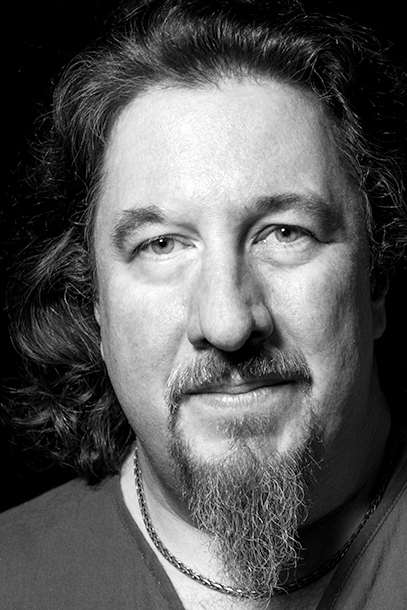|
VOICE OVER MARKETING / PART 2: Heat Up Your Voice Over Cold Call Marketing Success With Follow Up  By Rob Marley By Rob MarleyVoice Actor & Author See Part 1: OK, so you've made the call and got an email
address. The next step is the follow through, to give them what they want.
A typical initial contact email should be short
and to the point. Here's an example of one I would write to a Creative Director
at a production house that specializes in commercials:
The closing, "Looking forward to working with
you," might come across as a little presumptuous, and was just a suggestion.
Feel free to come up with something you think best represents what you would
say.
You might not want to even mention the professional artist and short turnaround
line. Just make your key points:
Make sure you've got their name spelled
correctly, then hit SEND. DID THEY RESPOND?
If you haven't heard back from them in about two
weeks, send a follow-up email. Something along the lines of:
Something light and quick, and leave it at that. If you haven't heard from the contact after the second email, put them in a
list of people you're going to contact at a later date. That is where the
majority of your leads are going to go: into a big file of names and numbers
that you need to regularly try to connect with. This doesn't mean you should forget about
them. Try to contact each potential lead once every 3 to 6 months.
After a couple of cycles of this, push it to every 12 months. MY MARKETING STRATEGY
Here's the marketing strategy I use: 1. Find a business. Research as much as I can about them. Find the name of the
right person to contact and add them to my "Potential Leads" contact database.
2. Send them the initial email with links to my
website, demo etc. Short and sweet. Two or three short sentences and that's it. 3. Send them a follow up email 2 weeks later.
4. Send them a "just touching base" email a month
later.
5. Send them a "haven't talked to you in a while"
email 3 months later.
6. Continue to send them an email introducing
myself or sending an interesting link at least every year. If the email bounces, I go back to the
research and see if the company still exists. People move on. Your contact list
needs to be updated. Lather rinse repeat.
KEEP REACHING OUT! AND IT WORKS! I currently have a couple of paying clients that I had been
sending emails to for over 4 years without hearing anything back. That's 4
years of "Hi, haven't heard from you in a while ..." "Hi, just wanted to touch
base with you ..." blah blah. And not hearing back AT ALL during that time. But
I kept with it and would send out an email every year just to try to get on
their radar.
MANAGING YOUR LIST Eventually you will reach a point where your list
of leads is going to get large. Perhaps too large to manage with a simple
spreadsheet. At that point you might want to upgrade to some type of Customer
Retention Software (CRS) or Customer Relationship Management (CRM) software
that can help you keep track of everything. Until then, use Google Sheets to
create a simple database that you can refer to. SOCIAL MEDIA, TOO
But there's more than just the cold call
Say you've found someone you want to work with.
You've pulled their name and number, checked out their website to see what they
do, and found the name of the person to contact.
From there you can start the initial process of
trying to contact them. But there's more that you can do that will help improve
your chances of converting a lead into a client.
Social media is
your friend. Does the person use Twitter? Are they on
Instagram? Facebook? LinkedIn? Do they post YouTube or Vimeo clips of their
work? Friend them. Add them. Follow them. This is your opportunity to connect
with them on a fairly non-intrusive level.
IT'S ALL ABOUT RELATIONSHIPS Once you get a reply from them in one form or
another (a thumbs up, retweet, whatever), use that medium as a way to contact
them. If your lead replied positively to something you posted on their Facebook
feed, send them a direct message thanking them for the reply. Note: this should
not be used as a way to shove your
demo in their face. Just say thanks and build on the interaction from there in
the future.
To be successful in voiceover, you need to learn
how to work with individuals to establish a relationship with them. That's what
marketing is all about: building relationships with people that will hopefully
turn into a profit-making opportunity for you.
-------------------- ABOUT ROB
Rob Marley is a full-time voiceover artist,
coach, producer and author, living in the hill country of Austin Tx. His
book, "So You Want To Do VO? Working from home as a voiceover actor" can be
found here at Amazon.com. Web: www.MarleyAudio.com |
Tell Us What YOU Think!
Please Note: Since we check for spam, there will be a slight delay in the actual posting of your comment.
Comments
No comments have been posted yet. Hurry, and you could be the first!





.png)




click for new article alerts